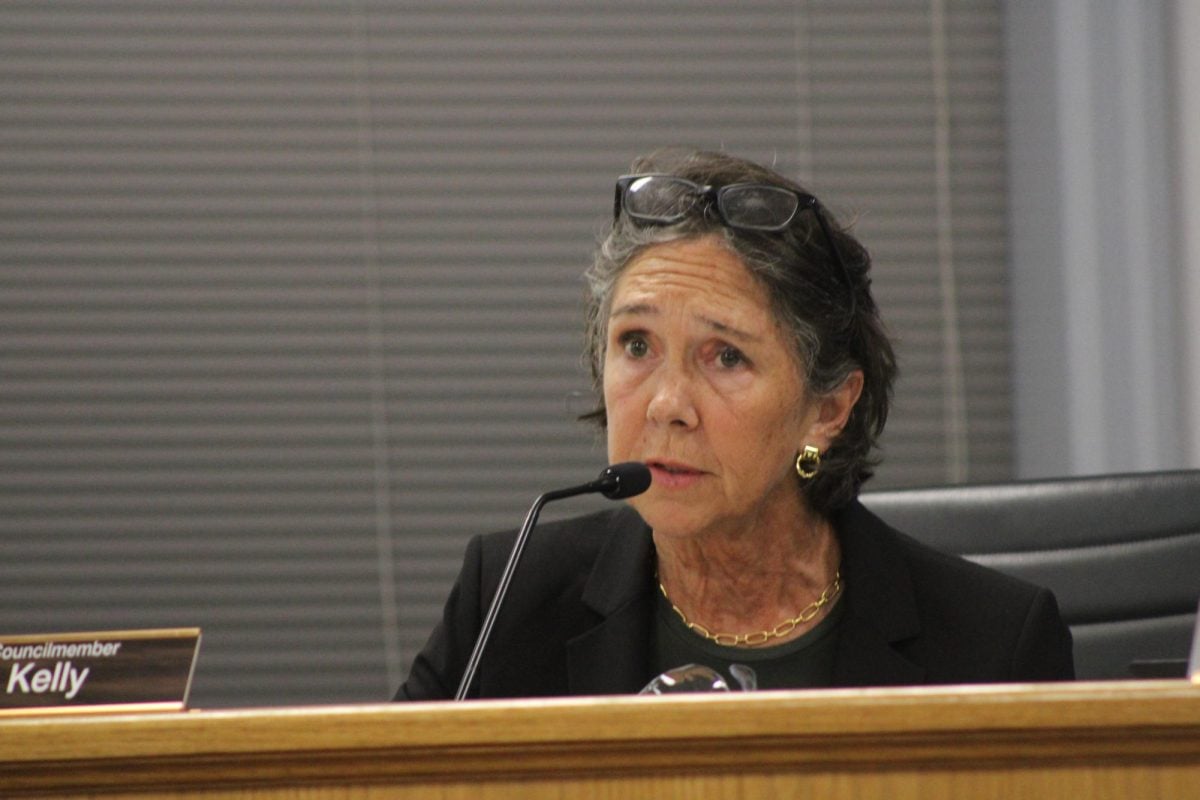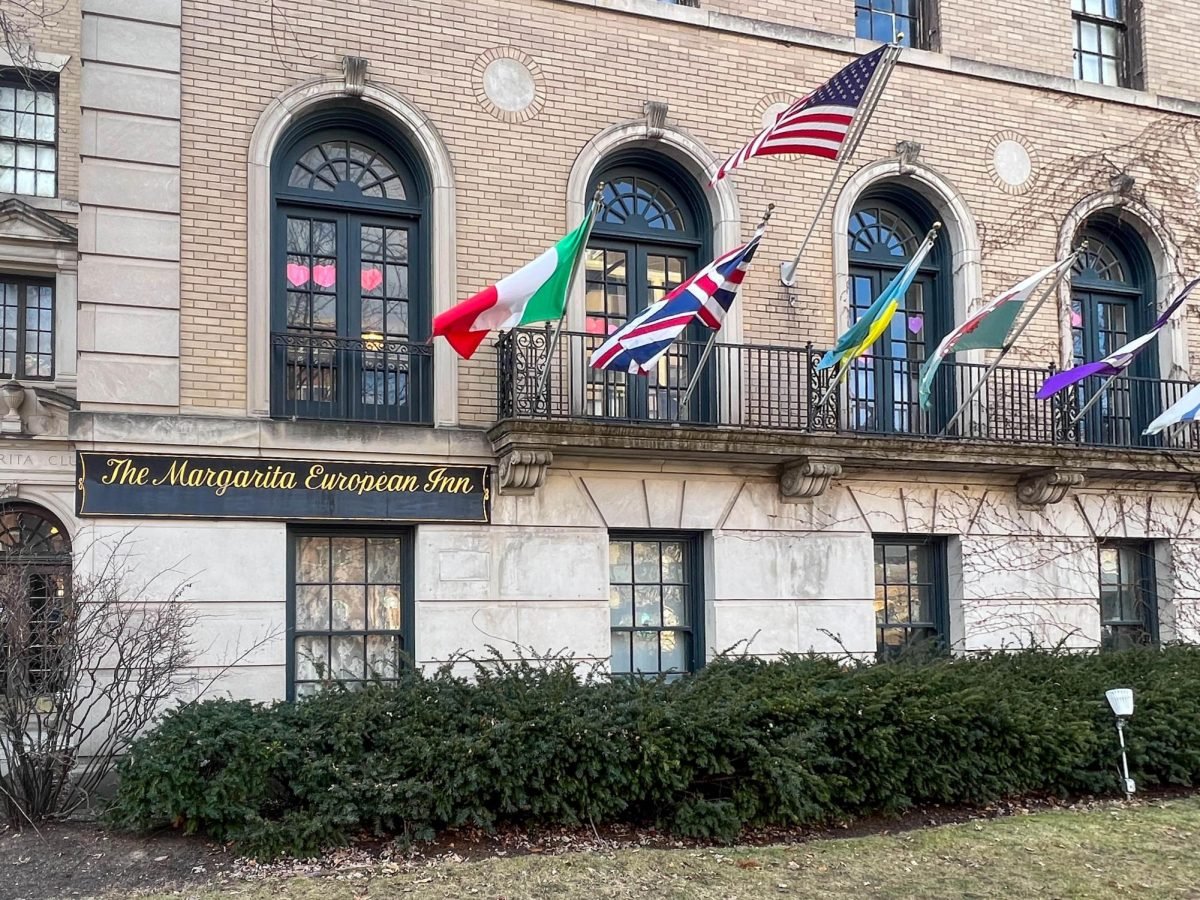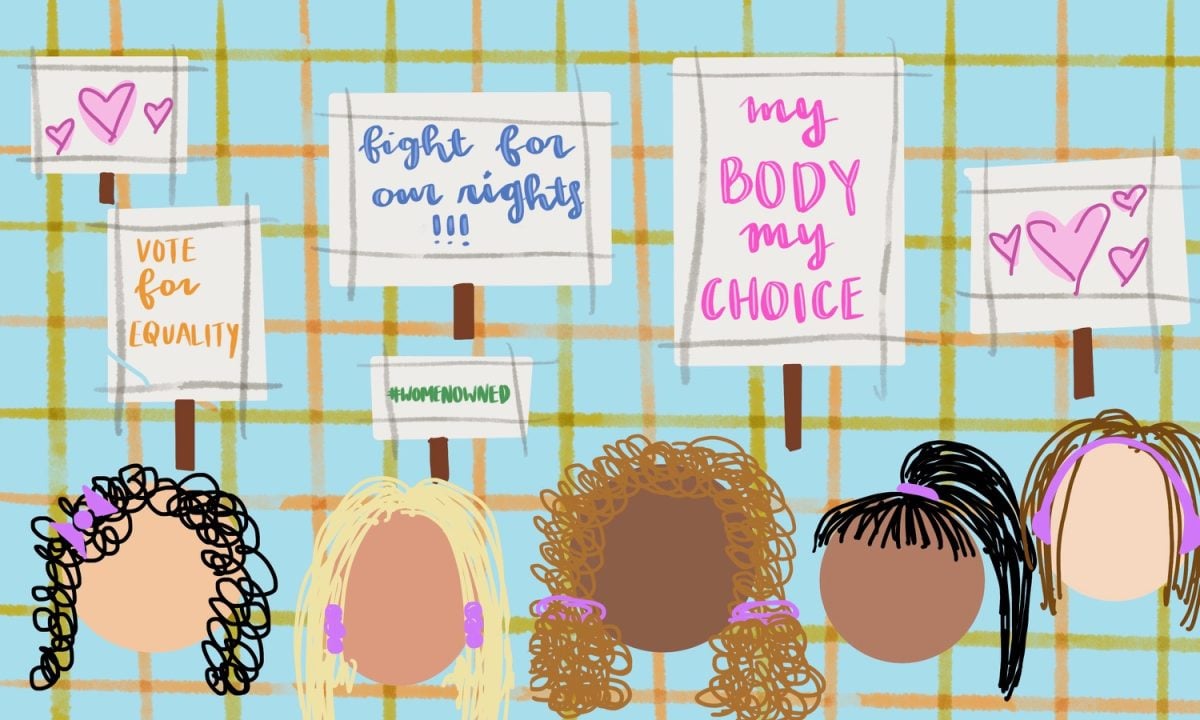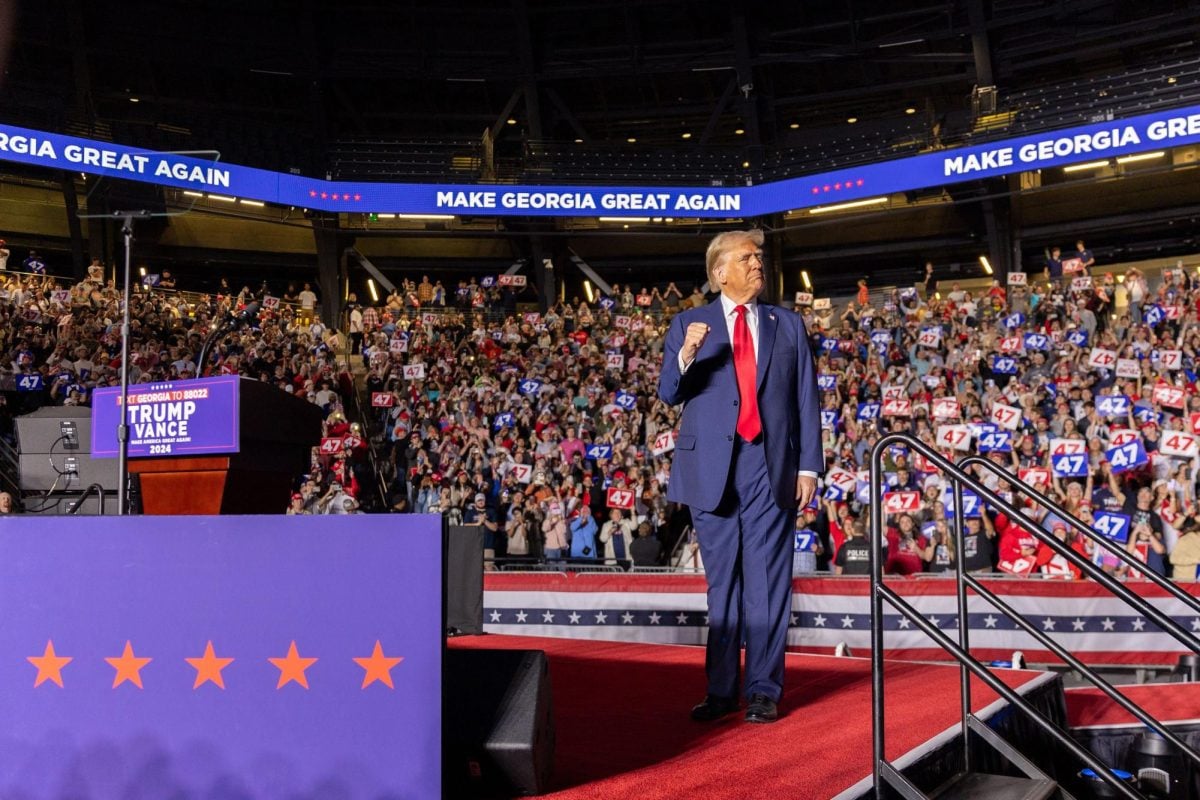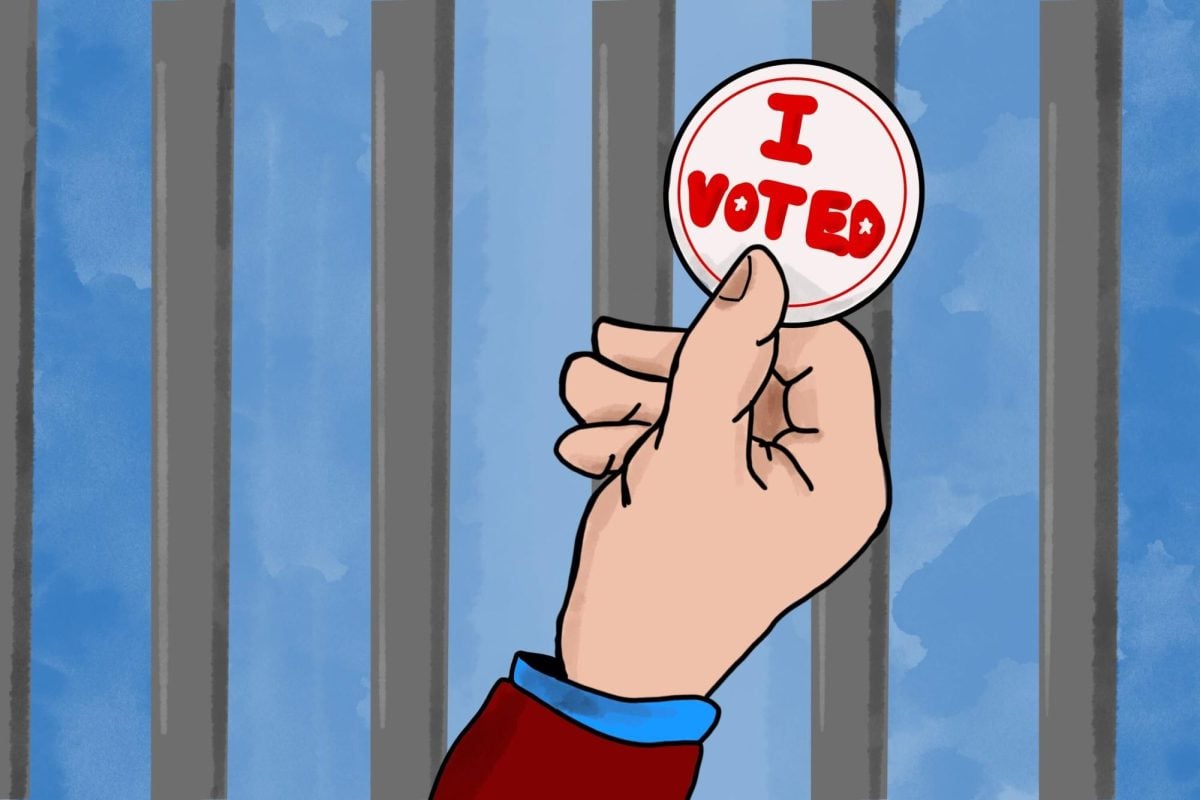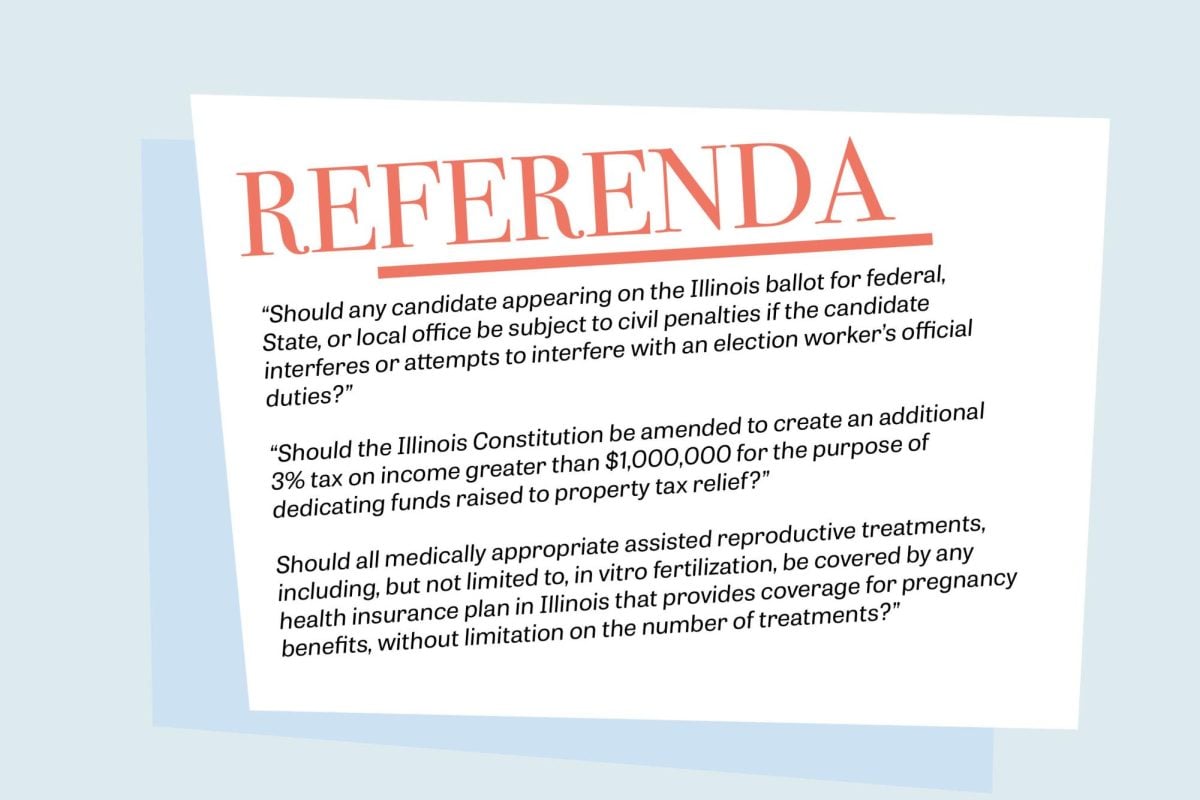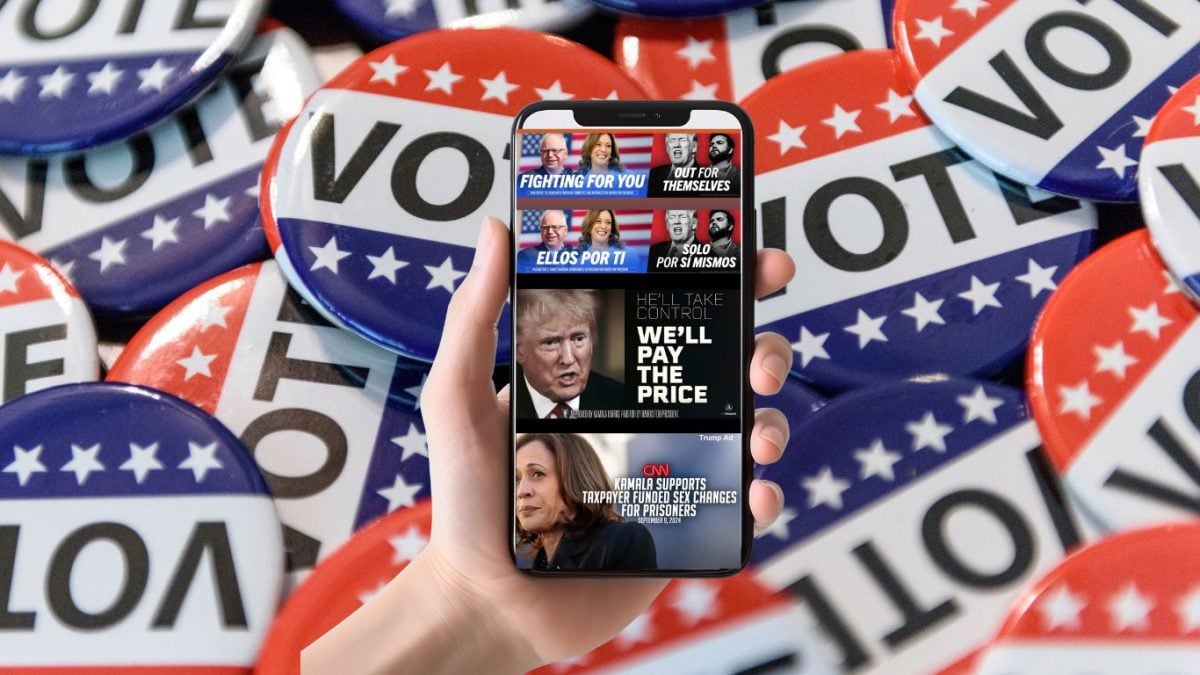A lawsuit against Northwestern University and Northwestern Memorial Hospital publicly revealed last week alleges the two institutions double-billed for patient care.
Former Northwestern University employee Audra Soulias filed a whistleblower lawsuit accusing the University and hospital of violating the False Claims Act by defrauding the federal government. She alleges that they were billing different governmental agencies for the same patient care.
“Specifically, the hospital, owned and/or operated by the University, has billed and continues to bill both the National Institute of Health and Medicare for the same care for the same patients in multiple clinical trials,” Soulias said in her complaint.
The error occurred because the hospital and the Northwestern Medical Faculty Foundation removed the “research” category for patients from their computer billing systems, according to the complaint. This prevented the billing system from being able to categorize patients as research subjects. Therefore, both private and public insurance was billed for these research services.
Soulias said she was laid off after telling her supervisor about her concerns regarding the billing system.
Northwestern Memorial spokeswoman Kris Lathan said the hospital will not comment on ongoing litigation. The University did not immediately reply to requests for a statement.
Soulia’s lawsuit was filed in November 2010. It remained sealed until July while federal prosecutors reviewed the claims.
Whistleblower assistant and support lawyer Mitch Kreindler said after their review that prosecutors declined to add the government agencies as plaintiffs. He said Soulias will consequently pursue the lawsuit on her own. The whistleblower lawsuit is unique in that respect because it allows individuals to sue on behalf of the federal government, he added.
Kriendler said because the lawsuit involves the federal government, it is filed under seal, which means it is hidden from the public until federal attorneys can review it and decide whether or not to participate.
“Think about the power the whistleblower provides,” he said. “You can serve the United States government with your information.”
Kriendler said if the federal government were to earn back revenue from the lawsuit, Soulias would have received 25 percent of the money. She will now earn 30 percent of the recovered money because the government has declined to get involved.
“Traditionally the person who blew the whistle is regarded with negative terms,” he said of general whistleblower cases. “They might be called tattle-tales because most people don’t like when someone calls out misconduct and gets money for it.”
Kriendler said about 80 percent of whistleblower lawsuits deal with health care fraud. He said they are also commonly filed against schools, military agencies, research institutions and construction companies.
Correction: A previous version of this story wrongly attributed a University representative’s comment to Lathan. That comment has been removed. The Daily regrets the error.








